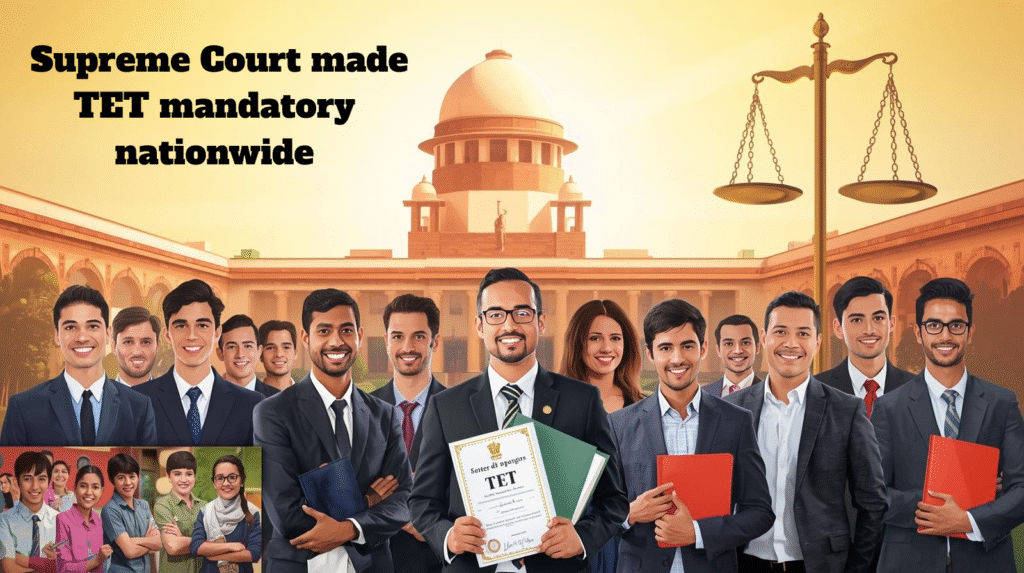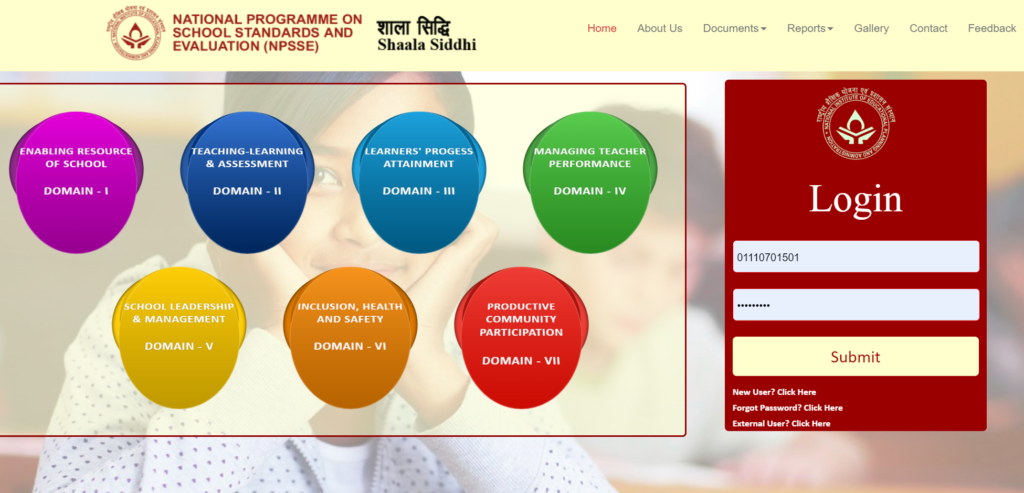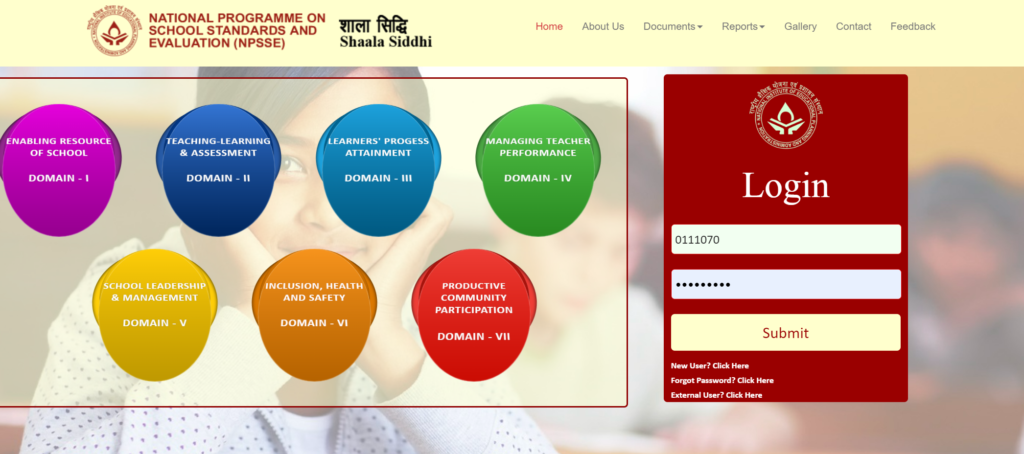
Table of Contents
ToggleSupreme Court Judgment on TET Made Mandatory Nationwide: A Landmark Step in Teacher Recruitment
Published on: 2nd September 2025 | Category: Education Policy
On 2nd September 2025, the Supreme Court of India delivered a historic verdict that will redefine the landscape of education and teacher recruitment in India. In this judgment, the apex court ruled that the Teacher Eligibility Test (TET) made mandatory nationwide for all teacher appointments across government, government-aided, and private schools. This ruling is being hailed as a transformative step towards improving the quality of teaching in India, ensuring accountability, and standardizing qualifications for teachers across the nation.
The decision will have a far-reaching impact on fresh appointments, in-service teachers, promotions, and minority institutions. Let's explore the highlights and implications of the judgment in detail.
TET Made Mandatory Nationwide – The Core of the Judgment
The Supreme Court's ruling on TET made mandatory nationwide has made it clear that no teacher appointment will be valid without clearing the Teacher Eligibility Test. This applies not just to new teacher recruitments but also to existing teachers who still have a considerable number of years left in service.
The ruling aims to bring parity across schools and create a benchmark qualification for teachers. While the Right to Education Act, 2009 had already emphasized the importance of trained teachers, this new ruling makes passing TET a non-negotiable requirement for anyone aspiring to become or continue as a teacher in India.
An important clarification was also issued for minority-run institutions, as their case has been referred to a larger Constitutional Bench for a final decision. Until then, the order does not directly apply to them.
Impact on New Teachers (Fresh Appointments)
For individuals aspiring to become teachers, the implications of TET made mandatory nationwide are straightforward yet significant. Passing TET is now a prerequisite for appointment. Without this qualification, no teacher recruitment—whether in government schools, aided schools, or private institutions—will be considered valid.
This ensures that every fresh entrant into the teaching profession has a minimum benchmark of subject knowledge and teaching aptitude. It also eliminates any scope for unqualified candidates being appointed through influence, favoritism, or loopholes.
Impact on Existing Teachers (In-service Teachers)
The ruling has also addressed the status of in-service teachers who were appointed before the implementation of the RTE Act, 2009. The court has divided them into two categories based on their years of service left until retirement:
- Teachers with more than 5 years of service left
- They must clear TET within two years (by 2027).
- If they fail to do so, they will face compulsory retirement. However, they will be entitled to retirement benefits like pension and gratuity.
- Teachers with 5 years or less until retirement
- They are allowed to continue without TET until their retirement.
- However, they will not be eligible for any promotions unless they clear TET.
This classification shows that the Supreme Court has tried to strike a balance between reform and fairness, ensuring that experienced teachers nearing retirement are not forced out, while younger teachers are given time to upgrade their qualifications.
Special Consideration for Minority Institutions
The Supreme Court judgment on TET made mandatory nationwide does not immediately apply to schools run by minority communities. Recognizing the constitutional rights of minority institutions, the court has referred the issue to a larger Constitutional Bench for a final verdict.
Until that decision is made, minority-run schools have a temporary exemption from the mandatory TET requirement. However, it is expected that the final ruling may align them with mainstream schools to ensure uniformity in teacher qualifications.
TET and Its Impact on Promotions
One of the most impactful aspects of the judgment is its direct link between promotions and TET qualification. Even existing teachers cannot be promoted to higher posts such as Head Teacher or Senior Teacher unless they clear TET.
This ensures that promotions are based not only on seniority but also on professional competence. The Supreme Court ruling on TET made mandatory nationwide makes it clear that the education system can no longer afford to compromise on the quality of teaching at leadership levels in schools.
Why TET Made Mandatory Nationwide is a Game Changer
The Teacher Eligibility Test (TET) was introduced to maintain standards in the teaching profession, but its enforcement was inconsistent across states and institutions. Some states made it compulsory, while others allowed appointments without it. Private schools often bypassed the requirement altogether.
The Supreme Court's decision on TET made mandatory nationwide resolves this inconsistency once and for all. Now, every aspiring teacher across India will have to meet the same benchmark. This will:
- Enhance teaching quality: Only trained and competent candidates will enter classrooms.
- Ensure uniformity: A national standard will apply across government, aided, and private schools.
- Promote accountability: Teachers will need to continuously update their knowledge and skills.
- Empower students: Students will benefit from better learning experiences under qualified teachers.
Challenges Ahead
While the ruling is widely appreciated, implementing TET made mandatory nationwide will not be without challenges. Some of these challenges include:
- Capacity to Conduct TET: States and central agencies will need to organize large-scale examinations to accommodate lakhs of teachers and aspirants.
- Training Support: Many in-service teachers, particularly in rural areas, may struggle to clear TET without adequate training support.
- Teacher Shortage: If a significant number of teachers fail to qualify, it could temporarily lead to a shortage of teachers in schools.
- Resistance from Teacher Unions: Some unions may oppose the move, especially regarding compulsory retirement provisions.
Balancing Reform and Fairness
Despite these challenges, the Supreme Court ruling on TET made mandatory nationwide is a bold step toward reforming India's education system. By setting a clear deadline (2027) for in-service teachers with more than five years of service left, the court has provided sufficient time for preparation.
Furthermore, by allowing teachers nearing retirement to continue without TET, the court has avoided unnecessary disruption. This balance between reform and fairness shows the maturity and foresight behind the judgment.
Conclusion
The Supreme Court judgment on TET made mandatory nationwide is a milestone in India's education history. It not only sets a uniform benchmark for teacher recruitment but also emphasizes continuous professional development for existing teachers. By linking promotions to TET, it ensures that leadership positions in schools are held by qualified individuals who meet national standards.
While challenges remain in implementation, the long-term benefits of this ruling are immense. It will lead to a more qualified teaching workforce, better classroom experiences for students, and ultimately, an improved education system in India.
This judgment is not just about an examination—it's about raising the dignity of the teaching profession, ensuring that every child in India is taught by a qualified, competent, and accountable teacher. Indeed, the ruling on TET made mandatory nationwide is a landmark step toward shaping the future of education in the country.


